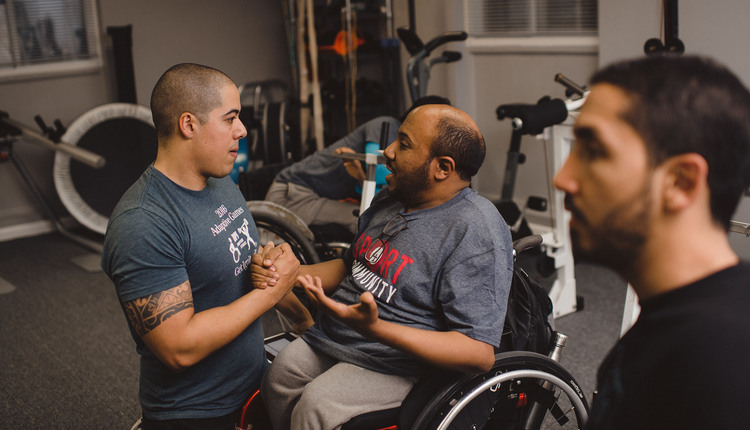
There has been a strong movement toward niche training of specialty populations in fitness. Specialty certifications, trainings, workshops and seminars continue to become more readily available to fitness professionals and, one could go so far to say, are changing the fitness scene and setting a new standard for the next wave of career fitness professionals. Furthermore, the public is becoming more aware of the integral role of fitness professionals in their long-term health and will likely scrutinize an individual's qualifications more in-depth than they once did when hiring a personal trainer.
To maintain an edge in this industry you no longer can tout that you are "everyone's trainer;" but the sooner you explore your specialty niche, the sooner you will reap the personal and professional rewards. Before you invest your time, money and energy building a business on a niche, here are a few key questions you should answer in order to determine the viability of the niche for your business.
1. Determine your ideal client -- and be as narrowly specific as possible. Avoid general populations such as "women." Are you training the career woman? Female athletes? Women who need to lose 5-10 pounds? Women categorized as morbidly obese? Moms? Breast cancer survivors? Once you determine your ideal client, you can create your "avatar" of that client to help you build your programming of your training as well as help you market efficiently and effectively.
2. Is there a proven need in the market for this niche and do you truly enjoy training this population? There may be a proven market opportunity in children's fitness, but if you are not motivated (or qualified) to work with children, don't kid yourself into making this the focus of your business and expect it to thrive long-term.
3. What is the longevity and retention potential of your ideal client? If you are working with prenatal clients or brides-to-be, understand that there is inevitably an end-date to their training program. If you target these types of clients, be sure that you structure your marketing model to accommodate the regular turnover of clients (i.e. every 6 to 9 months with the prenatal client). Create a secondary program if it is fitting to lengthen the longevity of a client.
4. What is your ideal client's ability to pay what you believe you are worth? Training college students to avoid the "freshman 15" may sound appealing; however what they are able to afford for a fitness program will likely be significantly less than the value of your time.
5. With whom do you need to align yourself to maximize your exposure and credibility? If you're training within a medical or rehabilitative niche such as disease-specific or injury-specific populations, you may find that it will require you to establish yourself as a credible and qualified professional before key referrers will trust you enough to refer a client. Developing these relationships, for example with physicians or physical therapists, often requires you to invest time and energy before you can expect significant benefits from the partnership.
Becoming a credible specialist in a niche will not only keep you ahead of your competition, but it will likely give you a more fulfilling and rewarding career. Use the five questions above to ensure that you will be working with a clientele that you truly enjoy and setting your business up for success long-term.















